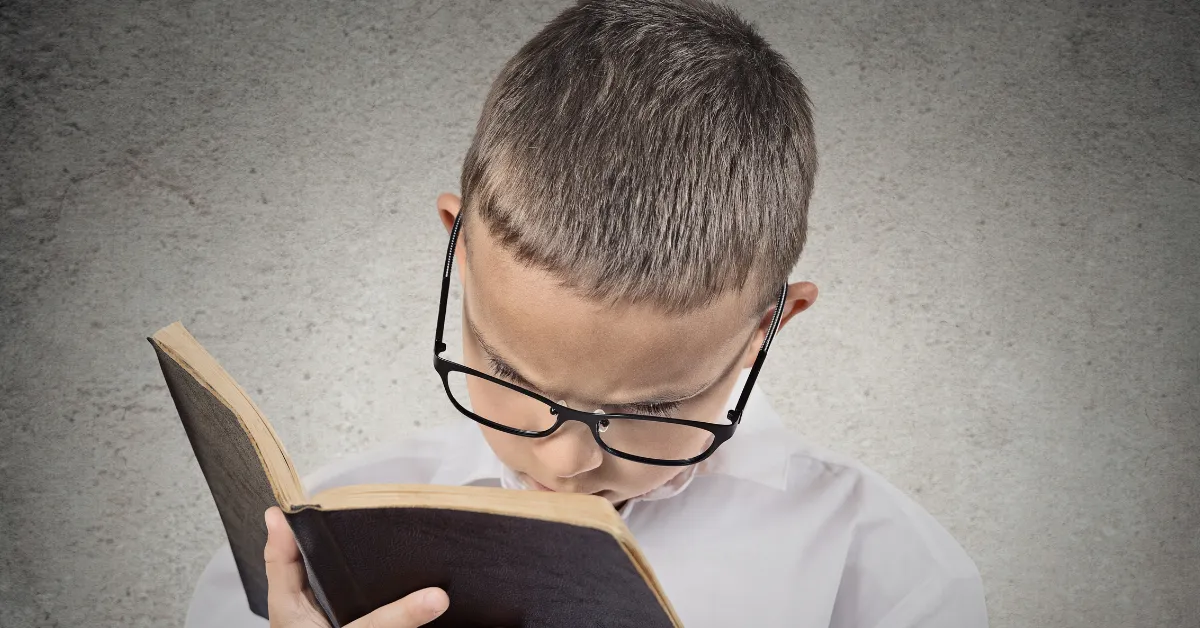Vision problems can be challenging to detect in young children because they may not realize their vision is impaired. Recognizing early signs and symptoms is essential to ensure timely intervention and support healthy visual development.
Key Signs to Watch For
Frequent Eye Rubbing
If your child often rubs their eyes, especially when they are not tired, it may be a sign of eye strain or discomfort due to blurry vision. This behavior could indicate a refractive error, dryness, or another vision-related issue.
Squinting or Closing One Eye
Children who squint or close one eye to see clearly may have difficulty focusing or could be compensating for a vision issue. This could indicate nearsightedness, farsightedness, or an alignment problem, such as strabismus.
Holding Objects Very Close
Kids who hold books, screens, or toys very close to their face may be struggling with nearsightedness (myopia). This behavior often occurs because they see objects more clearly up close than at a distance.
Difficulty Recognizing Faces or Objects
If your child takes longer to recognize familiar faces or favorite toys from a distance, it may be a sign of farsightedness or another vision problem. Difficulty recognizing people or objects may indicate that things appear blurry at certain distances.
Behavioral Signs of Vision Issues
Tilting or Turning the Head Frequently
Tilting or turning the head to see better might suggest a misalignment of the eyes or a vision issue in one eye, such as amblyopia. This behavior allows the child to adjust their vision to gain a clearer image.
Lack of Interest in Visual Activities
Children who show little interest in reading, coloring, or looking at picture books may be experiencing eye strain or trouble focusing. Disinterest in these activities can be a subtle sign that the child finds visual tasks uncomfortable or challenging.
Clumsiness and Poor Hand-Eye Coordination
Repeatedly bumping into objects, tripping, or struggling with hand-eye coordination tasks, such as catching or reaching, can indicate poor depth perception or an issue with visual acuity. These signs are particularly noticeable in activities requiring precise movement and focus.
Physical examination of eyes
Excessive Tearing or Watery Eyes
Persistent tearing or watery eyes, when not related to crying, could suggest an underlying eye issue, such as blocked tear ducts or mild eye infections. This symptom may require medical attention if it occurs frequently.
Sensitivity to Light
If your child frequently squints in bright light or tries to avoid direct sunlight, they may have light sensitivity, which can be associated with certain vision disorders. Photophobia, or light sensitivity, is sometimes linked to refractive errors or other eye health issues.
Crossed or Wandering Eyes
Eyes that drift inward or outward (strabismus) or do not seem to focus together might indicate a serious vision problem. If left untreated, this can lead to amblyopia, or “lazy eye,” which may affect vision development over time.
Tips for Parents to Support Healthy Vision
Being proactive about your child’s eye health can help detect any issues early. Here are some ways to support your child’s vision:
• Observe Closely: Pay attention to your child’s behaviors, particularly if they frequently display any of the above signs.
• Schedule Regular Eye Exams: Regular eye exams are important for early detection, even if no obvious signs are present.
• Promote Visual Activities: Encourage age-appropriate activities like playing with colorful toys, doing puzzles, and reading books to stimulate and support visual development.
• Limit Screen Time: Reducing screen time can prevent eye strain and allow for a balance of outdoor activities, which are beneficial for eye health.
Recognizing and addressing these signs of vision problems can help support your child’s visual development and ensure they receive the care they need to thrive.








